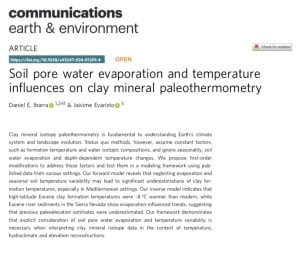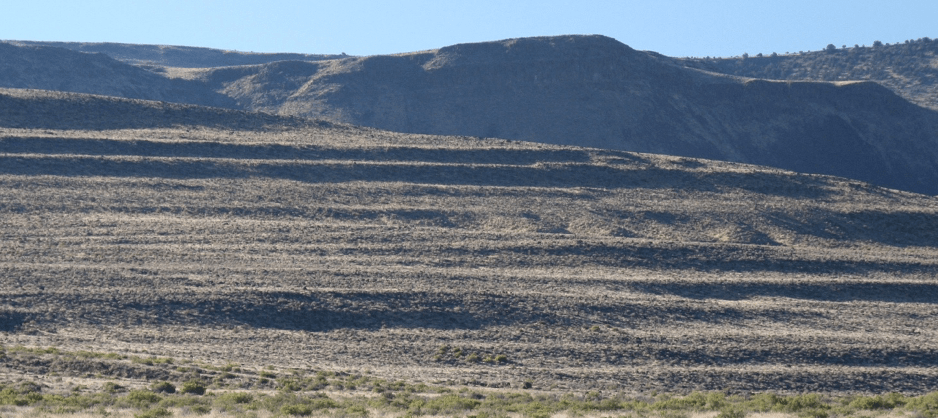Welcome to the Terrestrial Biogeochemistry and Paleoclimatology lab at Brown University! We are a research group in the Department of Earth, Environmental and Planetary Sciences and the Institute at Brown for Environment & Society. We work on a variety of problems associated with the water and carbon cycles using geochemical tracers. This includes studying modern rivers and catchments, as well as the terrestrial geologic record (lakes, soils, and caves), to understand fundamental Earth system processes that link the biosphere, atmosphere, and lithosphere. Specifically, using both modern and geologic data we are focused on quantifying feedbacks and assessing the long-term controls on the global carbon cycle, as well as on regional hydroclimate changes. The aim of this work is to gain a better understanding of how the Earth’s water and carbon cycles respond to forcings, including ongoing anthropogenic climate change. Further, we are also working on the characterization and quantification of lithium deposits in lacustrine basins. Check out our 2023 year-in-review post and post on some recent weathering papers that were published!
Latest Pleistocene shorelines from Lake Surprise, CA
Our research group advocates for and supports diversity and inclusion in the geosciences. We seek to create a supportive environment within our group that honors and values diverse perspectives, life experiences, and identities. We encourage applications to our research group positions (undergraduate, graduate and postdoctoral levels) from people of diverse and underrepresented backgrounds* in the geosciences, please see our opportunities page. As a group, we believe that regardless of gender/race/age/sexual orientation/disability (etc.), humans are capable of doing good science and that all who are interested in pursuing a career studying the Earth should have the opportunity to do so. Recognizing and valuing the capacities of people from different backgrounds, the data also shows that diverse viewpoints lead to greater levels of scientific innovation (Hofstra et al., 2020, PNAS) and thus, we strive to ensure that all members of our research group feel a sense of belonging in their research and studies. As such, we actively participate in initiatives to promote diversity and inclusion efforts in our department, with our collaborators, and in our broader scientific community (see our AGILE project as an example). In addition, we intentionally schedule discussions on such topics as a research group and regularly update our group’s values and expectations document which is posted publicly here.
* Women, persons with disabilities, LGBTQ+ and underrepresented minority groups (as defined by NSF)—Black people or African Americans, Hispanics or Latinos, and American Indians or Alaska Natives.
Recent papers and presentations








Dinwoody Creek Watershed below Gannett Peak, Wind River Range, Wyoming




